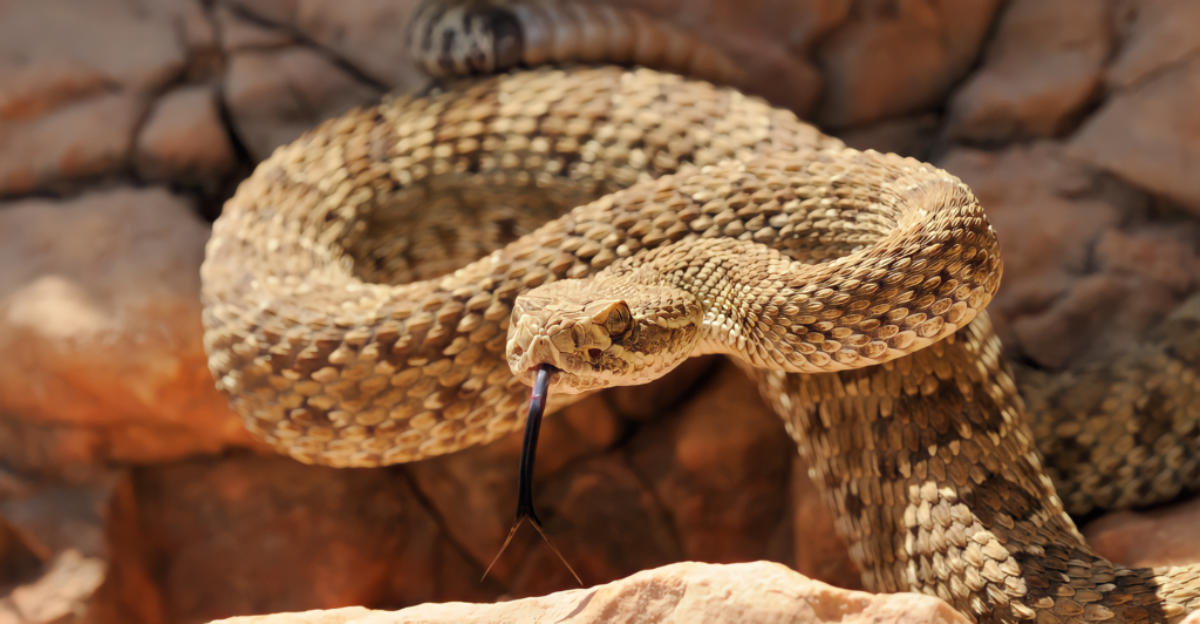
Everyone knows that rattlesnakes are deadly and they have a fearsome reputation. But do they deserve it? These snakes have 36 species and up to 70 subspecies, and they are mainly native to America. Their most distinctive feature is the rattle at the end of their tails, which serves as a warning signal to potential threats.
The Notorious Rattle
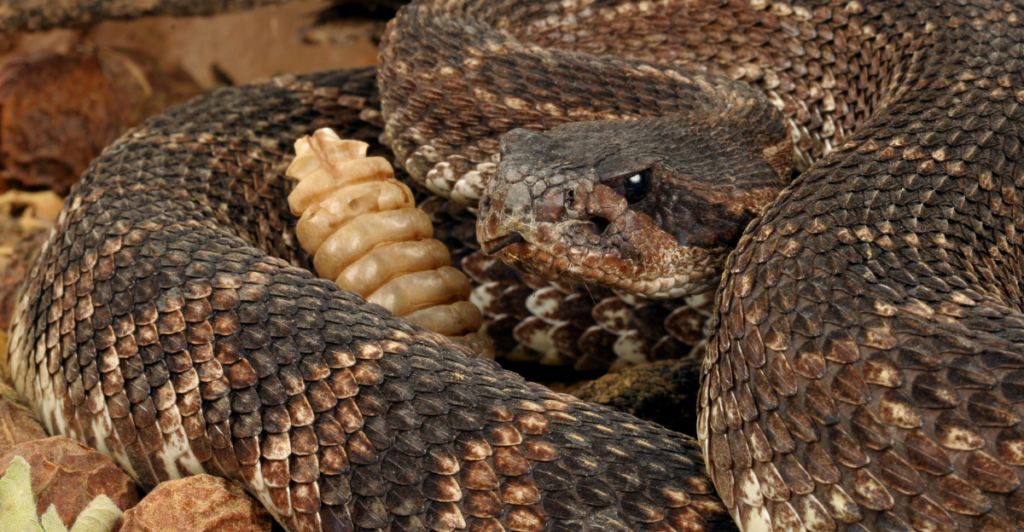
If there’s one thing rattlesnakes are known for, it’s their rattle. This rattle is a unique adaptation made of interlocking keratin segments that produce sound when vibrated. Every time a snake molts, a segment is added to its rattle, and it’s used to warn predators of dangers and help them avoid confrontation.
Where You Might Find Them
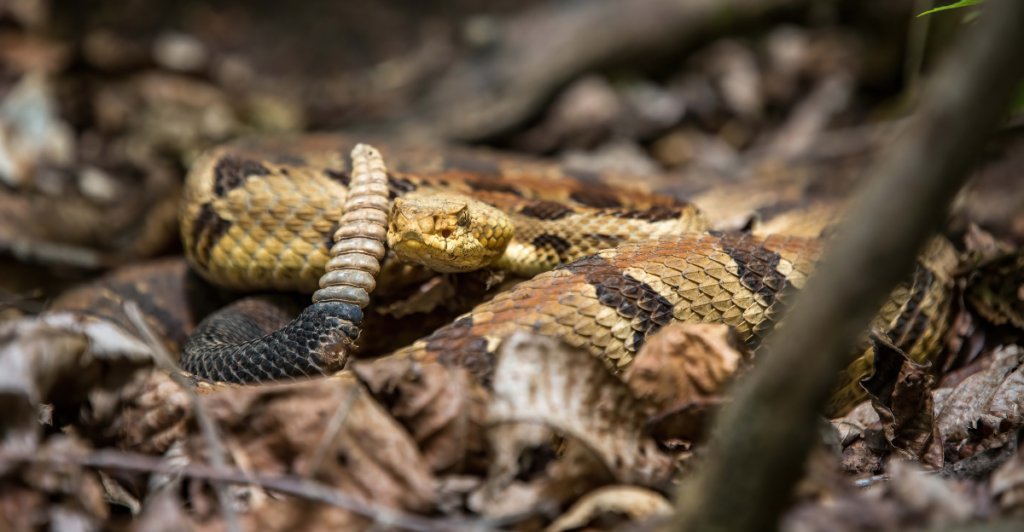
These snakes can be found in many environments, including deserts, forests, grasslands, and rocky outcrops, in the southwestern United States and Mexico. They have adapted greatly to extreme conditions and thrive in these environments.
Misconceptions About Their Aggression
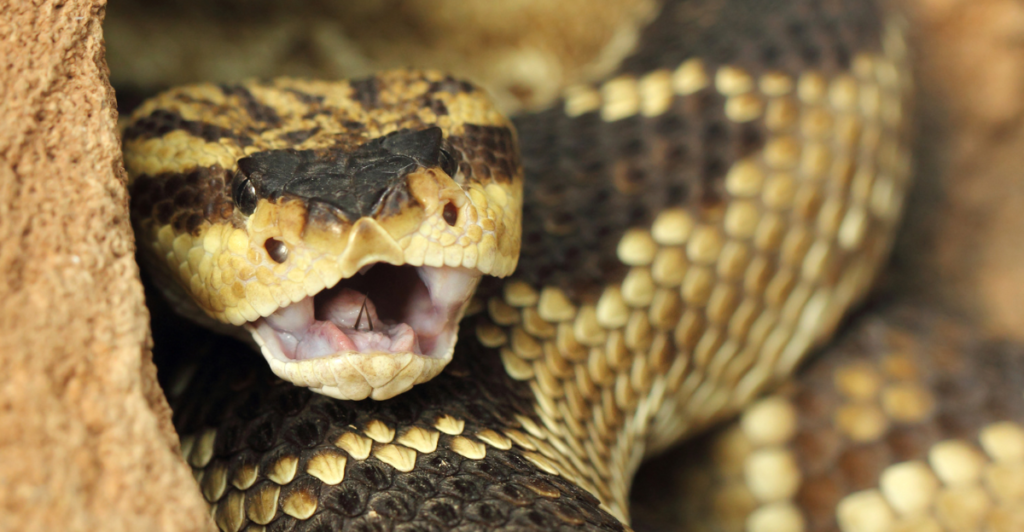
Contrary to what people might believe, these snakes aren’t aggressive at all and prefer to avoid confrontation where they can. They will only bite when they feel provoked or threatened. Their rattle is often mistaken for a sign of aggression, but it’s only a defensive mechanism to keep them safe.
The Venom They Carry
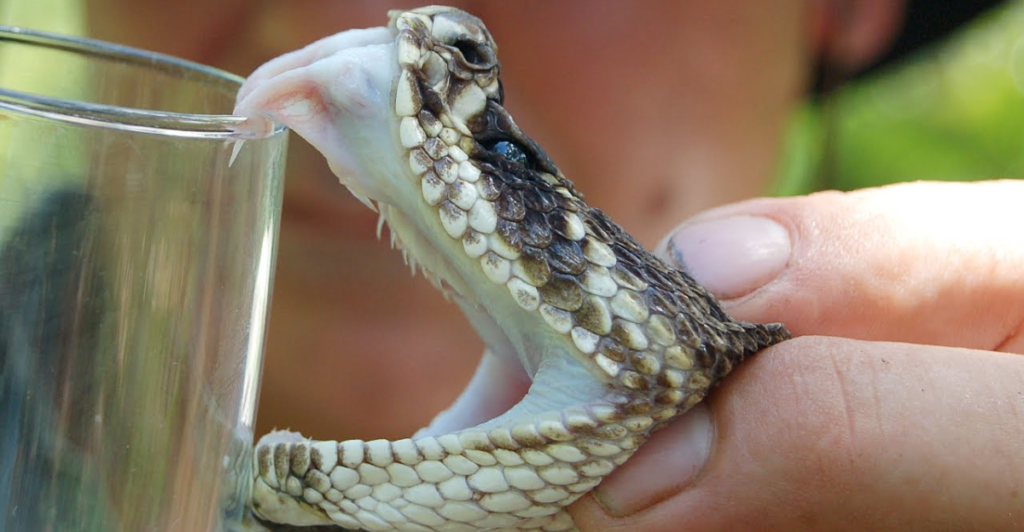
These snakes have a complex cocktail of venom used to hunt their prey. A bite from a rattlesnake can be dangerous, but they often aren’t deadly if immediate medical care is given. Rattlesnake venom has also been used in medical treatments for various conditions, especially in Chinese medicine.
Their Role In Nature
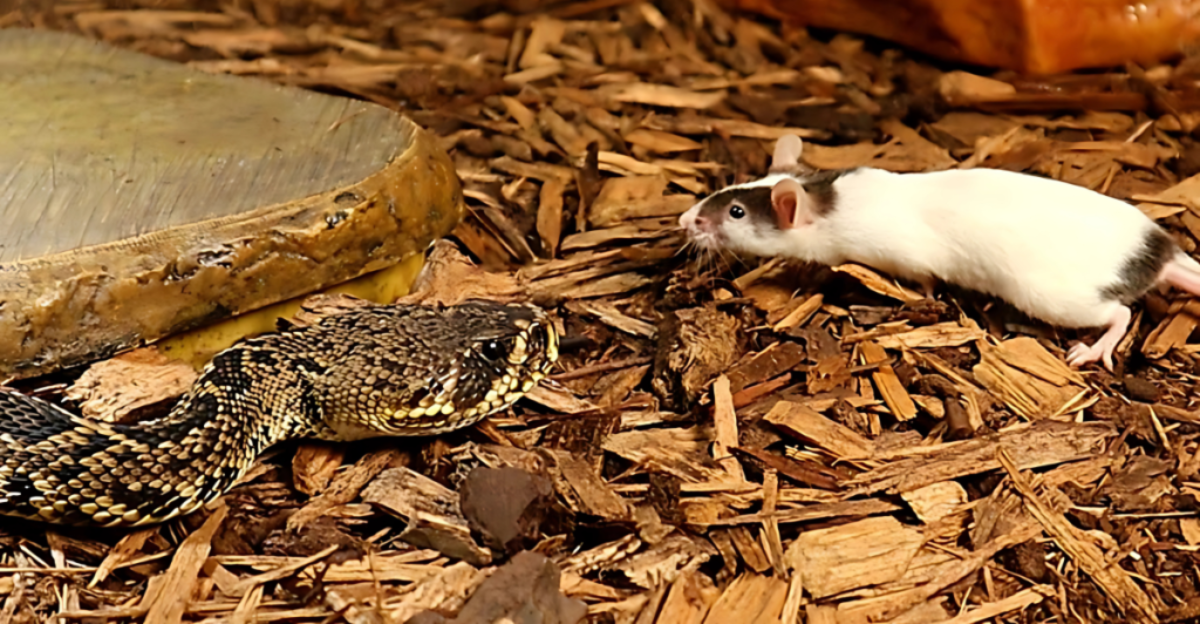
These snakes play a significant role in controlling the rodent population, which is always good. An out-of-control rodent population can often lead to crop damage and the spreading of unwanted diseases.
Social Behaviour
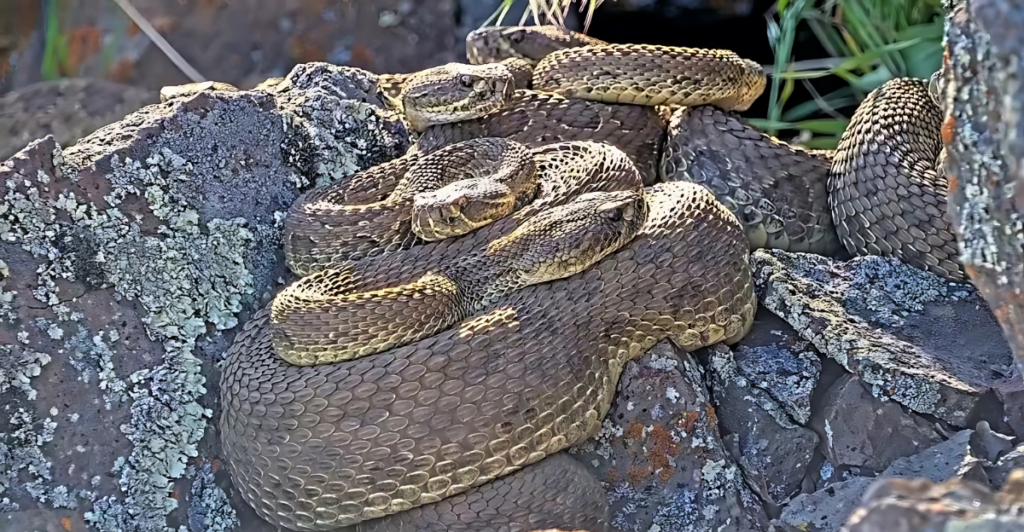
You might think these snakes are lone rangers and prefer to stay isolated, but they are naturally pretty social. Some species form communal dens during hibernation and may even display familial bonds by staying near relatives or offspring for extended periods.
A Common Myth Debunked
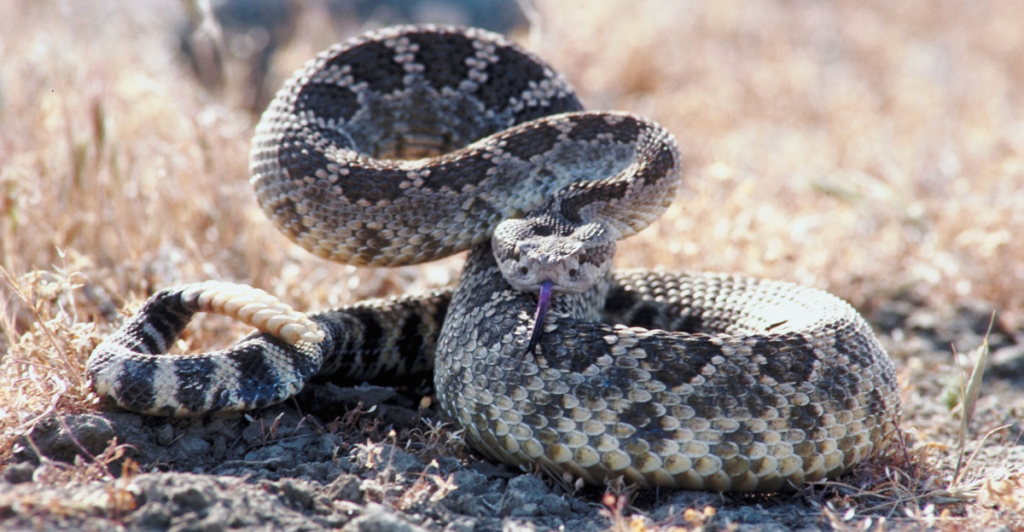
You might have heard a rumor that rattlesnakes often chase people, but it simply isn’t true. These snakes don’t chase people as they aren’t aggressive by nature. They rely on camouflage and stillness as their first line of defense. The rattle is only used when they feel cornered or exposed.
Threats To Rattlesnakes
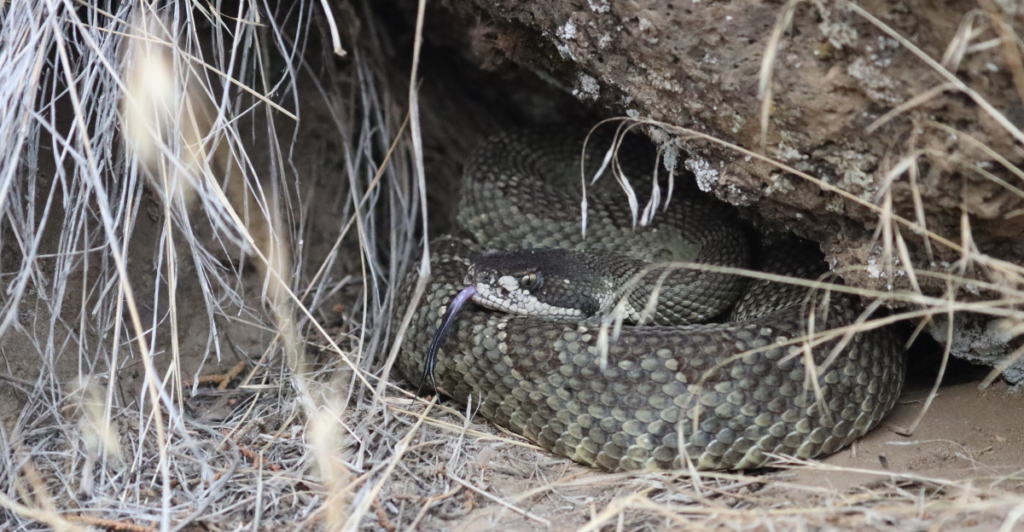
Despite how intimidating they might seem, these snakes face threats in their environment. Habitat destruction, poaching, and extermination are just some of the threats they face daily. Due to misinformation and human interference, these species are now in danger.
Coexisting with Rattlesnakes
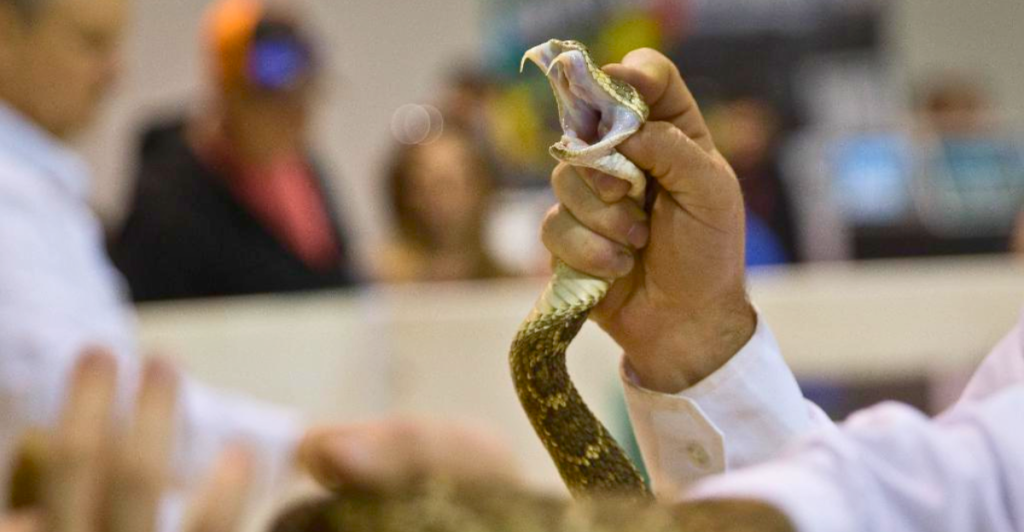
Living alongside rattlesnakes requires awareness and respect for their space. Simple precautions like avoiding tall grass, wearing boots during hikes, and not disturbing them can prevent conflicts. Relocation services are also available in many areas to safely remove snakes from human habitats.
Cultural Impact
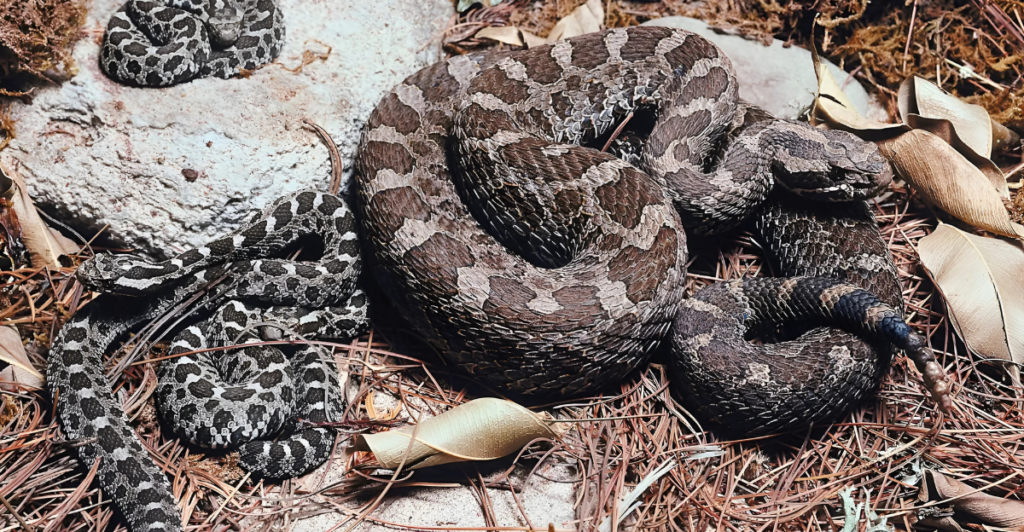
Rattlesnakes have often been depicted as aggressive in Western films and literature, which might have led to the misconception of their gentle nature. Although they are dangerous, if they are given their space, they won’t resort to aggression. Thanks to the media, these snakes now have a bad reputation that they might not be able to live down.
Conservation Efforts
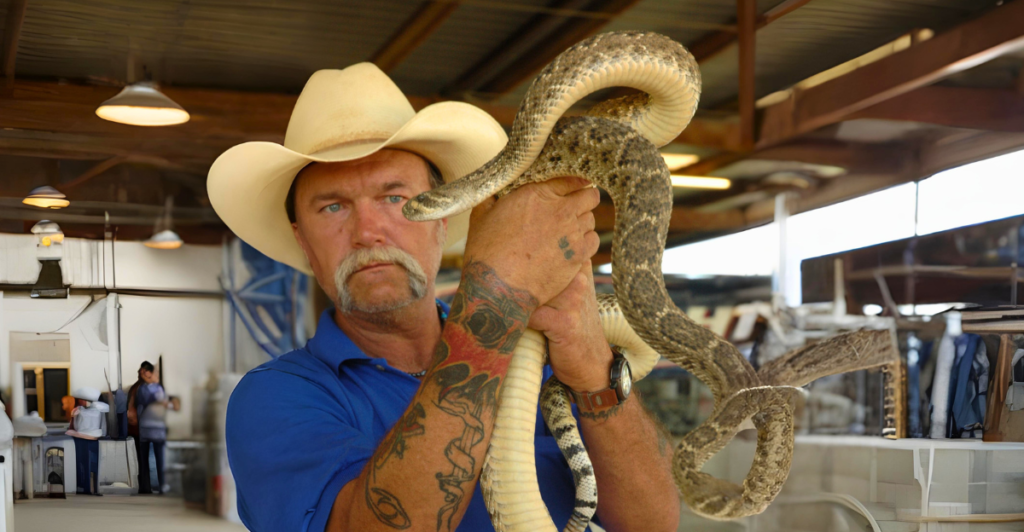
Efforts are underway to protect rattlesnake populations through habitat preservation, public education campaigns, and legal protections in national parks. These initiatives aim to shift public perception from fear to appreciation of their ecological role.
Do They Deserve Their Reputation?
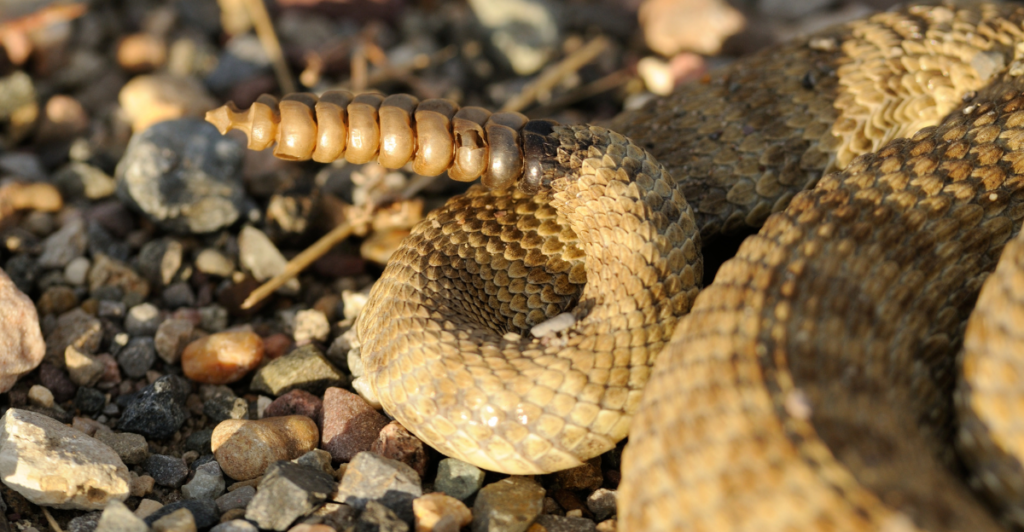
While rattlesnakes are undeniably dangerous if mishandled or provoked, they are far from the bloodthirsty predators they are often made out to be. Besides being a danger in nature when people are uninformed, these snakes have been helpful in the medical field and many other ways, showing us that they deserve to be appreciated, too.
Explore more of our trending stories and hit Follow to keep them coming to your feed!

Don’t miss out on more stories like this! Hit the Follow button at the top of this article to stay updated with the latest news. Share your thoughts in the comments—we’d love to hear from you!







